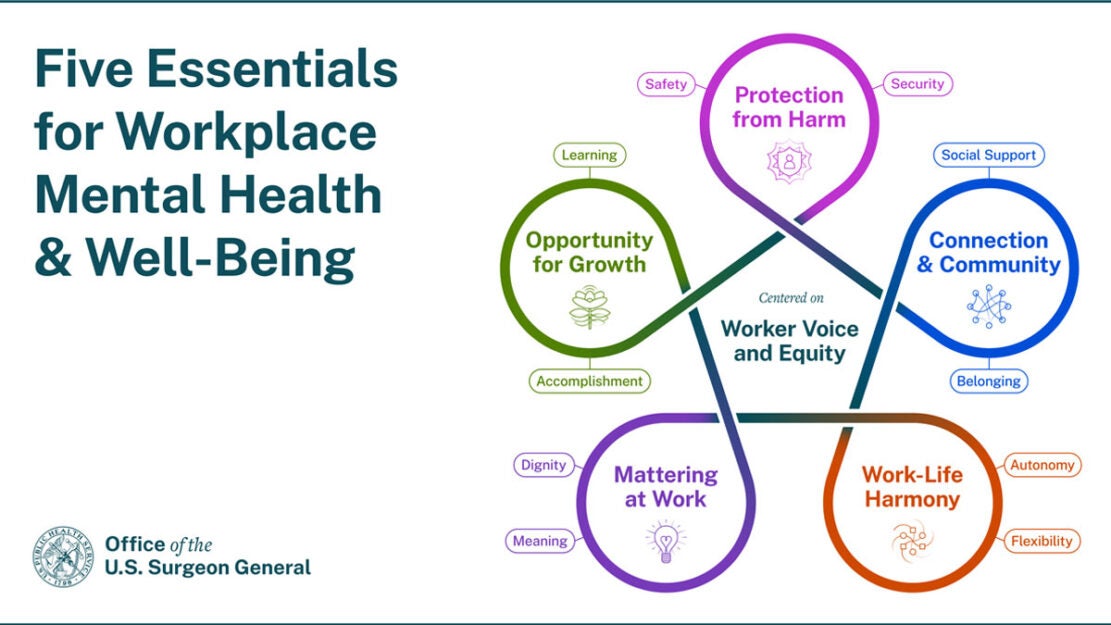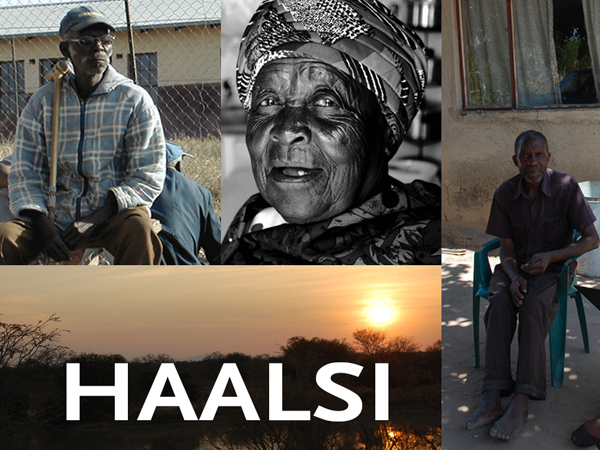In response to the opioid epidemic and the additional strains of the pandemic, a study published in Social Science & Medicine parses out which socio-contextual factors were found to be affecting provider health and turnover. Authors include HCPDS Director Lisa Berkman, faculty member Laura Kubzansky and former postdoctoral fellow Erika Sabbath. Photo: Pix4free.org
Researchers make the public health case for why alcohol labels are in need of an update
Recent Harvard Bell Fellow Anna Grummon, PhD, and her colleague Marissa G. Hall, PhD, penned a Perspective in the New England Journal of Medicine about why the well documented risks of alcohol consumption should be better explained via redesigned warning labels in order to better inform consumers. The two co-authors, along with several other colleagues, also published a study in The American Journal of Preventive Medicine, that evaluated which words…
How is political party polarization affecting population health? Study delves into COVID-19 mortality rates and stress on ICU capacity from 4/21–3/22
A novel study published in Lancet Regional Health – Americas by HCPDS faculty member Nancy Krieger, PhD, and her colleagues examines links between the political ideology of U.S. elected officials across all 435 U.S. Congressional districts and the COVID-19 outcomes of their constituents. Findings point to “the higher the exposure to political conservatism, the higher the COVID-19 mortality rates and stress on hospital intensive care unit (ICU) capacity.” photo:…
Study looks at the mortality impact of covid-19 pandemic on diverse sub-groups of Asian Americans
A pre-print (not yet peer-reviewed) article in medRxiv authored by our recent Sloan Fellow on Aging and Work Sung S. Park, PhD, and her colleagues reveals that life expectancy during the pandemic amongst the six largest Asian American subgroups ( Asian Indians, Chinese, Filipino, Japanese, Korean, and Vietnamese) is not equal. “All major Asian subgroups except Japanese experienced greater losses of life in 2019–2020 as well as cumulatively (2019-2021) than…
NBC News reports: “Conservative policies linked to higher mortality among working-age people, except when it comes to marijuana”
A study published in PLOS ONE by our former RWJF Health & Society Scholar Jennifer Karas Montez, PhD, our associate director Jason Beckfield, PhD, and their colleagues has found that “more liberal policies on the environment, gun safety, labor, economic taxes, and tobacco taxes in a state [and more conservative marijuana policies] were associated with lower mortality in that state.”
The Harvard Gazette: Berkman shares why living longer doesn’t necessarily mean we can work longer
In this interview, HCPDS Director Lisa Berkman points out the complexities involved with having a heterogeneous workforce and the wide variety of reasons (e.g., health reasons, caregiving responsibilities, job qualities) why someone may leave the workforce. Based on findings from the newly published volume “Overtime: America’s Aging Workforce and the Future of Working Longer,” that she co-edited with Beth Truesdale, she shares some hopeful solutions.
U.S. Surgeon General releases framework for workplace mental health and well-being
Today, the U.S. Surgeon General has taken a strong step to help support the mental health and well-being of American workers by releasing a comprehensive website that outlines the five essentials that employers can focus on to help create workplaces that are “engines of well-being.” The robust website points to both the Work and Well-Being Initiative employer toolkit as well as the Work, Family & Health Network STAR toolkit from…
India Policy Insights announces the first-ever interactive policy dashboard for India’s 543 Parliamentary Constituencies
India Policy Insights (IPI), the flagship project of the Geographic Insights Lab at the Harvard Center for Population and Development Studies, has developed a first-ever interactive policy dashboard for India’s 543 Parliamentary Constituencies (PCs). This public interactive tool provides health, nutrition, and development data that specifically aligns with the political units represented by India’s democratically elected Members of Parliament (MPs), who are responsible for overseeing effective policy implementation for their…
Antiretroviral therapy (and resulting increased viral suppression) linked to longer AND healthier lives for older adults in South Africa
Researchers affiliated with the HAALSI study, including former Harvard Bell Fellows Collin Payne, PhD, and Lindsay Kobayashi, PhD, and faculty member Jennifer Manne-Goehler, PhD, are among the authors of a study published in The Lancet HIV that links increased viral suppression at the population level with not only increased life expectancy, but also with less disability, pointing to the value of ART to foster healthy aging. Learn more in this…
Op-ed: Controversy over India’s COVID-19 mortality rate illuminates need to address “holes” in mortality statistics and death registration data
Harvard Bell Fellow Aashish Gupta, along with his colleagues Murad Banaji and Vipul Paikra, have published an op-ed in The Indian Forum that points out how increased global attention on India’s COVID-19 mortality statistics could ultimately help to illuminate and potentially improve the underlying unreliability of mortality statistics and death registration data in India.








